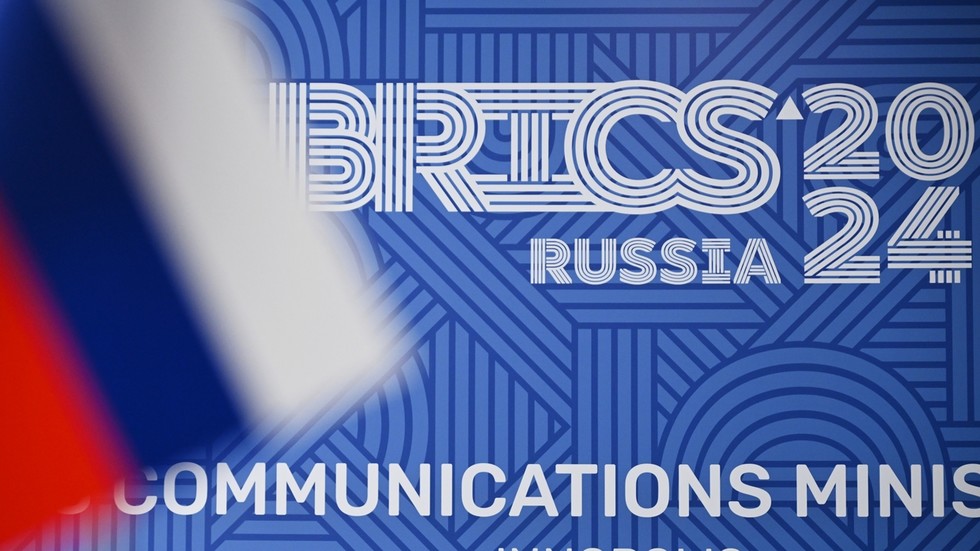Dakar (ICRC) – Hundreds of thousands of people have been displaced in recent weeks as floods ravage several countries in West Africa. Torrential rains in Cameroon, Chad, Niger and Nigeria have left hundreds dead and caused massive damage.
Thousands have lost their homes and livelihoods in a region already beset by food insecurity.
"These severe floods add a complicating layer in a region where conflict and violence already make life so fragile for thousands of families,” said Patrick Youssef, the director of the Africa region for the International Committee of the Red Cross (ICRC). “Our teams see first-hand how life in vulnerable communities is made so much harder when violence and climate shocks combine.”
Nigeria
Alau Dam breached it banks in the early hours of 10 September, causing flooding in Maiduguri city in the Northeast of Nigeria. Prior to the incident, heavy rainfall flooded many areas of Borno state affecting road access. Overall, more than 414,000 people have been affected with many houses and crops destroyed. There is real concern for the civilian population already affected by ongoing protracted conflict.
In coordination with the ICRC, Nigerian Red Cross Society (NRCS) volunteers and staff have been involved in search and rescue operations, medical evacuations and giving first aid, as well as reuniting families separated by floodwaters and the safe and dignified management of dead bodies. Their teams have retrieved 22 dead bodies to date, while 76 children have been reunited with their families. A total of 117 people were evacuated from four medical facilities affected by the rising waters. The ICRC has also donated 150 body bags to the NRCS, the State Specialist Hospital and State Emergency Management Agency.
NRCS has launched hygiene promotion activities in three camps hosting flood affected communities in coordination with the ICRC. As part of a cholera preparedness drive, the ICRC is positioning contingency stock including AquaTabs and Chlorine powder to respond. NRCS volunteers are being trained on how to use these materials and are prioritizing the cleaning of wells, hand pumps, boreholes, and other community water sources. The ICRC has organized psychosocial support sessions for NRCS staff and volunteers who have been involved in multiple flood response activities.
In the coming days, the ICRC in close cooperation with NRCS, will handover essential household items to affected households, including mats, blankets, tarpaulins, kitchen kits, mosquito nets, buckets, jerry cans, soap, hygiene kits and loincloths.
Niger
In Niger, authorities have registered over 1 million people affected by floods. Over 300 people have died according to official sources. The ICRC is supporting the Niger Red Cross in its coordinated response with the authorities in charge of flood response at local, regional and national levels.
This mobilization will help 210,000 people affected by the recent floods in Agadez, Diffa, Tahoua and Tillabéry, providing hygiene kits and essential household items, or cash in certain areas where logistical constraints are significant.
Cameroon
In the north of Cameroon, the rapid rise of the Logone and Chari rivers has submerged entire villages and displaced thousands of people.
Roads that were already in poor condition have deteriorated further, making it difficult for residents to access markets and medical care. Crops have been destroyed, exacerbating food insecurity in this vulnerable region.
The Cameroon Red Cross, with support of the ICRC, local authorities and other organizations, has distributed 1,500 jerry cans, 9,000 aqua tabs, and begun an awareness-raising campaigns on hygiene practices. In addition to its usual primary health care support to health facilities, the ICRC has positioned cholera treatment kits given the scope for the floodwaters to bring outbreaks of waterborne disease.
Chad
Water levels in Chad are continuing to rise, making it difficult for humanitarian workers to reach an estimated 1.5 million people affected by the floods.
Many of those who have lost their homes have been relocated to reception sites at schools, which will need to be vacated for the start of the new school year in early October.
In response, the ICRC has supported the Chad Red Cross with an initial 500 kits of essential household items to meet the immediate needs of some people affected by the torrential rains. Already, vulnerable households in the town of Kournari - 35km from the capital - have received kits containing mats, blankets, tarpaulins, kitchen kits, mosquito nets, buckets, jerry cans, soap, hygiene kits and loincloths. Affected families in the Batha provinces will receive their kits in the coming days, while in Bagasola, Lac province, 267 people displaced by armed conflict will also receive assistance.
Devastating floods in West Africa
In Chad, as elsewhere in the region, many families have been affected by severe flooding caused by torrential rains since the end of July. To meet the immediate needs of the people affected, the ICRC has provided the Chad Red Cross with 500 kits containing essential household items.
Speaking of the regional response, Mr Youssef said: “We can’t thank the volunteers of our Red Cross Red Crescent Movement partners enough. It’s only through their commitment and professionalism that we can continue make the last mile our first priority, accessing areas where government actors, as well as other development and humanitarian organizations, sometimes cannot reach. Our teams of forensic experts continue to liaise with authorities to offer support in the dignified management of the dead.”
About the ICRC
The International Committee of the Red Cross (ICRC) is a neutral, impartial and independent organization with an exclusively humanitarian mandate that stems from the Geneva Conventions of 1949. It helps people around the world affected by armed conflict and other violence, doing everything it can to protect their lives and dignity and to relieve their suffering, often alongside its Red Cross and Red Crescent partners.

 By International Committee of the Red Cross | Created at 2024-09-28 22:47:26 | Updated at 2024-09-30 07:25:42
1 day ago
By International Committee of the Red Cross | Created at 2024-09-28 22:47:26 | Updated at 2024-09-30 07:25:42
1 day ago



